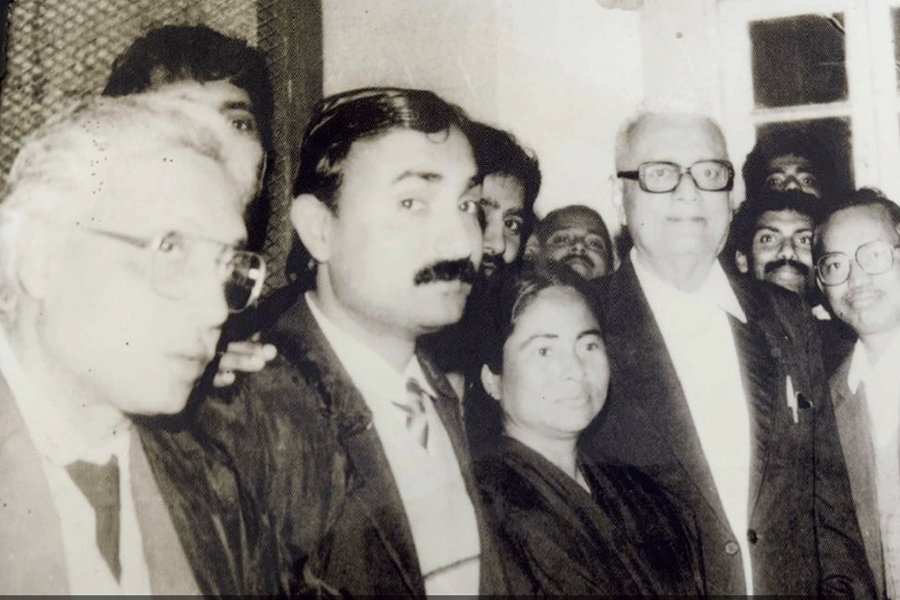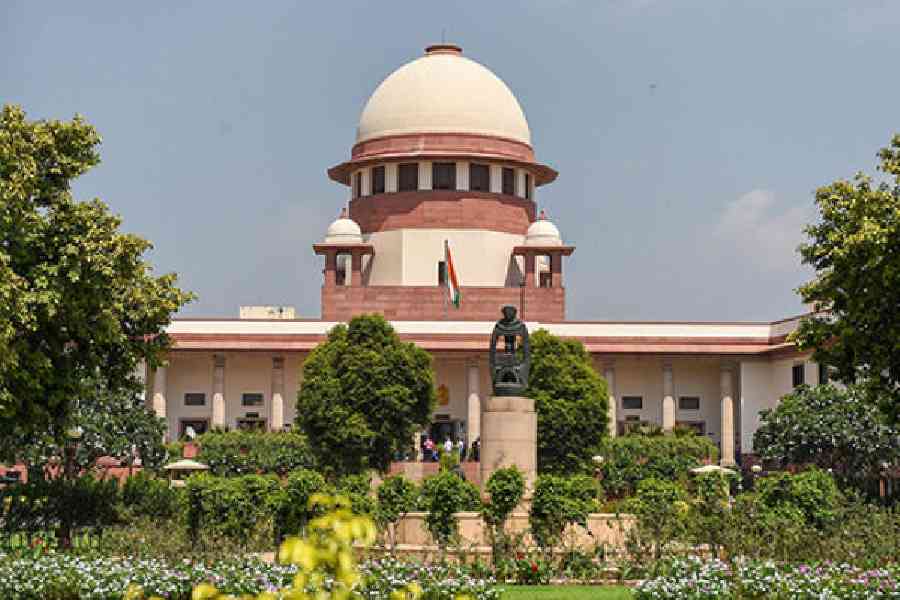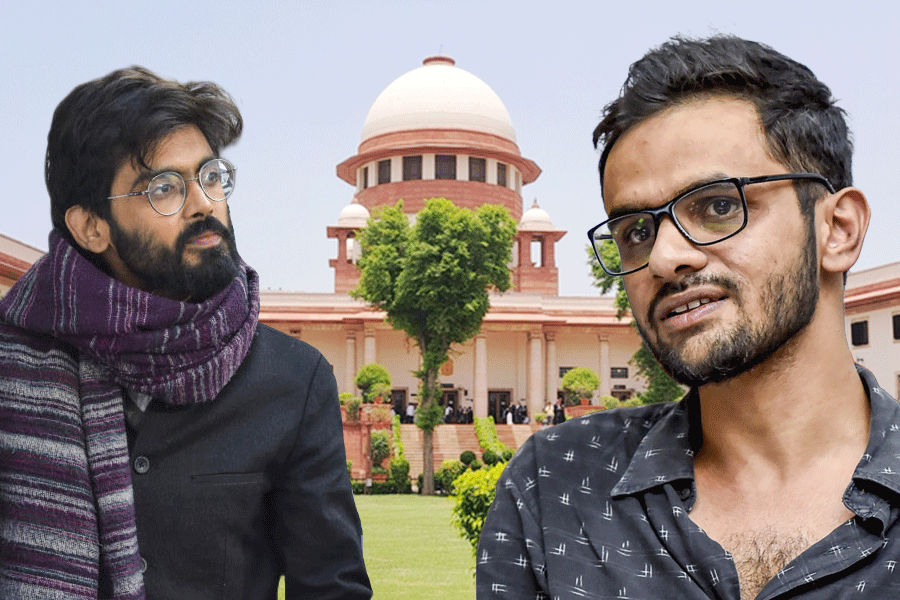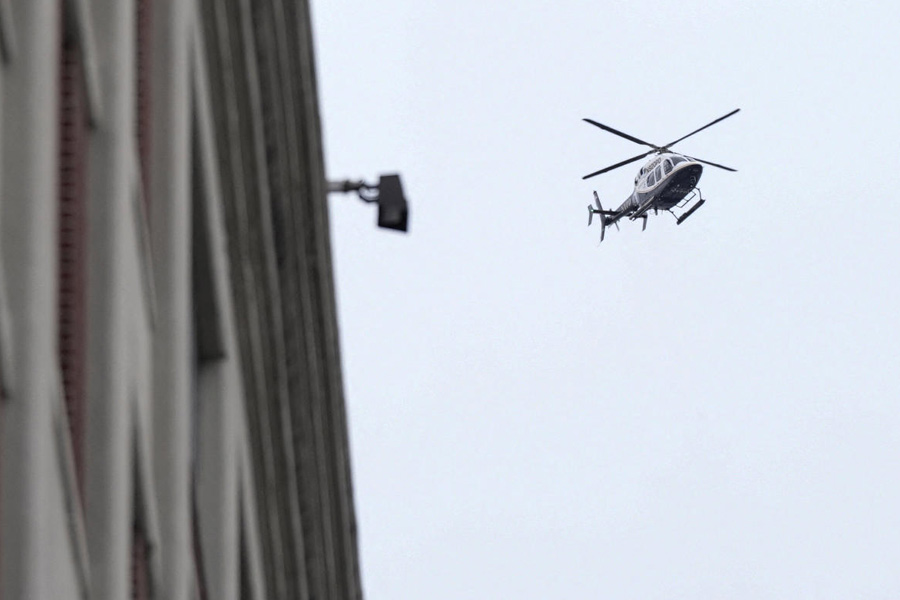Many people start going to the gym in the hopes of achieving what has long been seen as the holy grail of health and fitness: six-pack abdominal muscles (abs).
But as many people who have tried will attest – including celebrities, such as comedian Eric André – this can be far more challenging than expected. André even equated the experience of trying to achieve a six-pack with being like a full-time job in and of itself.
There are many reasons why “getting ripped” is so difficult. It requires sustained hard work and a strict diet – and may also come at the cost of good health.
Getting ripped
In order to build any muscle, you need to regularly weight train in combination with eating a diet high in protein.
Weight training works by promoting a process called muscle protein synthesis. Since proteins are the building blocks of our muscles, muscle protein synthesis ensures that new proteins are constantly being made to replace the old proteins which are broken down and removed.
Muscle protein synthesis is also increased when you eat a meal containing protein. But if you do some weight training beforehand, the increases will be larger and last longer compared with if you hadn’t done any exercise.
If you weight train and eat at least 20 grams of protein per meal, this maximises muscle protein synthesis. Over time, this enhanced response will allow your muscle to grow.
But this enhanced muscle building response to protein only happens in the muscles that have been exercised. So, if you want to achieve an overall muscular physique, that means performing a variety of different exercises that target all the major muscle groups. If you want to achieve a six-pack, you need to regularly do core and abdominal exercises.
But since the effects of weight training on muscle protein synthesis wears off after around 24-48 hours, you need to exercise the muscle group you’re targeting at least every couple of days to maintain this elevated response.
If you can do that over a period of weeks and months – providing you have also eaten sufficient protein – you will see noticeable changes in muscle size.
But if a visible six-pack is what you are looking for, however, training abs isn’t the only thing you need to do. At the same time, you also need to reduce overall body fat to relatively low levels so that the abs are not hidden by the layer of subcutaneous fat that can sit between your muscles and skin.
To lose body fat, you need to be in an energy deficit. This basically means you’re burning more calories than you consume. This needs to be sustained for several weeks or months for meaningful fat loss to occur.
But in order to “reveal” the abdominal muscles, you typically need a lower-than-average body fat percentage – between 5 per cent and 10 per cent body fat for men and 8 per cent and 15 per cent body fat for women. The typical healthy body fat percentage is between 11 per cent and 20 per cent for men and 16 per cent and 30 per cent for women.
Trying to achieve either of those goals on its own is challenging. Doing both at the same time is even more so. While research shows it’s possible to increase muscle size while being in an energy deficit, the work required may be more than most can maintain.
You need to have high volumes of exercise – training around six days a week and doing a combination of different workouts, such as whole-body weight training and high-intensity interval training. You also need to eat around three times the recommended daily amount of protein while in a calorie deficit.
It’s also incredibly difficult to sustain these habits psychologically. It requires a lot of time to achieve – meaning you may have to compromise time with friends or neglect other hobbies to achieve your goal.
And, even if you do build a six-pack, maintaining it requires just as much continued hard work and dedication. This is because we start to lose muscle gains only a few weeks after we stop training our muscles.
Potential downsides
There may also be some potential downsides to trying to achieve six-pack abs – especially if you’re trying to obtain these changes rapidly.
Trying to maintain very high volumes of exercise alongside an energy deficit to lose body fat can potentially lead to a condition called low energy availability This condition is common in elite athletes and happens because the energy you’re providing your body through diet isn’t sufficient to sustain basic physiological functions.
It’s thought that low energy availability can have psychological effects (such as irritability, poor concentration and low mood) and lead to various physical health issues, such as an increased risk of illnesses including as the common cold or flu, injury, poor bone health and irregular periods in women.
Low energy availability may also make resistance training less effective – meaning it will take longer to build muscle.
So when trying to achieve your goal, make sure it isn’t at the expense of your health and wellbeing.
Exercise for health
Of course, maintaining a good level of body fat and muscle has many benefits for our health as we age – including lowering risk of certain diseases and preventing frailty. But you don’t actually need six-pack abs to be healthy and fit.
A mixture of regular moderate-intensity aerobic exercise (such as walking or jogging) for 150 minutes a week alongside a couple of strength-training sessions is recommended. If this still seems like too much, the good news is even just an hour of exercise a week is beneficial.
The most important thing to remember when setting fitness-related goals is to only do things you enjoy and are likely to do. Exercise is only beneficial for your health if you actually stick to it. So while some will enjoy the challenge of achieving a six-pack, for others something a little less extreme will suffice.
The Conversation
Except for the headline, this story has not been edited by The Telegraph Online staff and has been published from a syndicated feed.










